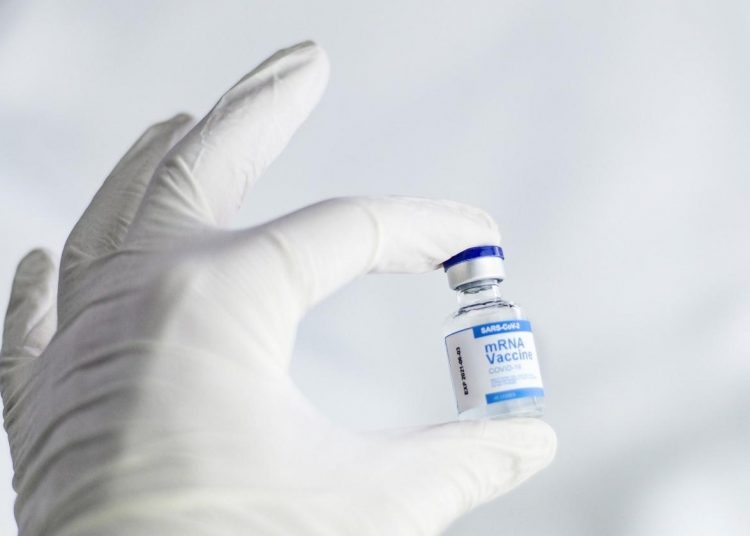The Australian government has chosen to authorise Covaxin, a vaccine developed in India, for travel. On Monday, the government recognised Bharat Biotech’s Covaxin vaccine and added it to its list of approved vaccines for travellers.
Australia’s High Commissioner to India Barry O’Farrell tweeted to announce, “Today, the Therapeutic Goods Administration determined that Covaxin (manufactured by Bharat Biotech) vaccine would be ‘recognised’ for the purpose of establishing a traveller’s vaccination status.”
The Therapeutic Goods Administration (TGA) has received additional information illustrating that these vaccines provide safety and potentially reduce the likelihood that an incoming traveller will transmit the COVID-19 virus to others, according to a statement released by Australia’s Department of Health. This will have a major influence on foreign student return and skilled and unskilled workers travel to Australia, according to the Australian Health Ministry Website.
Besides this, you might also be interested to that even US Allows Entry Of COVAXIN-Jabbed Indians
The vaccines currently approved are Comirnaty (Pfizer); Vaxzevria (AstraZeneca); Covisheld (AstraZeneca); Spikevax (Moderna); Janssen-Cilag (Johnson & Johnson); Coronavac (Sinovac); BBIBP-CorV (Sinopharm) and Covaxin (Bharat Biotech)
Meanwhile, Australia loosened international border restrictions for the first time since the pandemic on Monday, enabling some of its vaccinated citizens to travel freely and many relatives to reconnect, causing passionate hugs at airports. After more than 18 months of some of the tightest coronavirus border restrictions in the world, millions of Australians are finally free to travel without permission or the requirement to quarantine upon arrival.
From November 1, Australians who are fully vaccinated can travel overseas without any restriction. As a result, many Indians (including students and employees) who have had Covaxin injections will be eligible to go to Australia. It’s a significant step forward for India, as the vaccine has yet to be authorised by the World Health Organization (WHO).
























